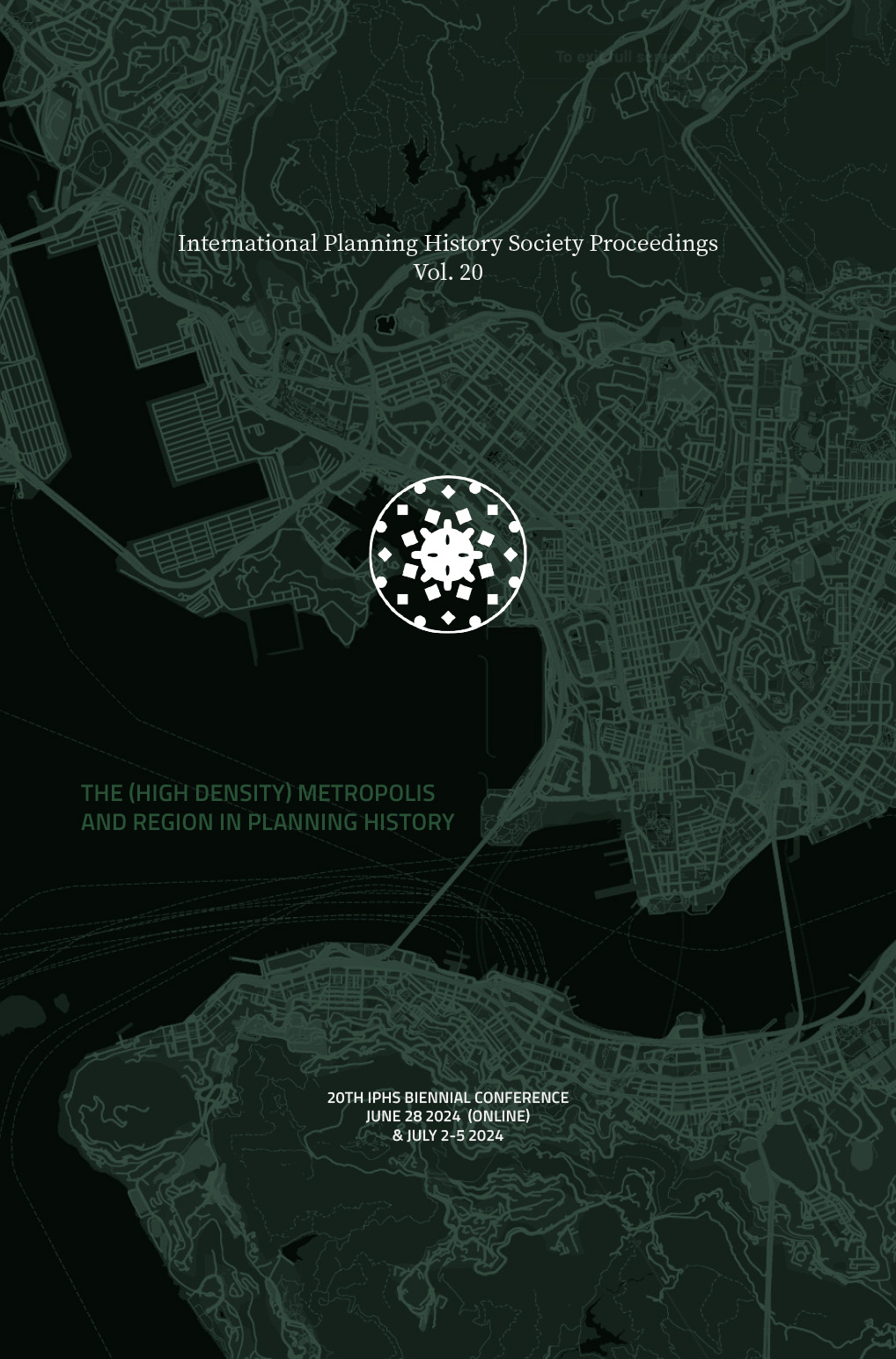Research on the High-Quality Development of Contracted Urban Spaces along the Middle East Railway under the Governance Model of Symbiosis Concept
DOI:
https://doi.org/10.7480/iphs.2024.1.7619Abstract
Exploring a high-quality development model of symbiotic governance that effectively balances and mutually promotes green ecology, societal humanities, and economic industries is a fundamental concern for ensuring sustainable urban development over extended periods and in expansive spatial contexts. Consequently, this has become a topic of considerable scholarly interest in the field of urban and rural planning theories and methodologies. With the continuous intensification of reform and opening-up policies by the Chinese government, coupled with the proactive promotion of rapid market economic development, the municipalities along the Chinese Eastern Railway, previously reliant on heavy industries, are now experiencing a deceleration or even stagnation in their developmental pace. These regions are currently undergoing evident urban contraction, exacerbated by geographical marginalization and a sharp decrease in population, rendering this trend increasingly severe. This study, leveraging advanced unmanned aerial vehicle (UAV) remote sensing technology and comprehensive multi-source, multi-dimensional spatial big data support, precisely measures the overall contraction status of the municipalities along the Chinese Eastern Railway. Furthermore, it conducts an in-depth analysis of the changing patterns in urban contraction spaces and the key influencing factors behind them. Employing scientific methodologies, such as the rational allocation of production factors and adjustments to urban spatial layouts, the research aims to construct a targeted and intelligent high-quality urban spatial development control strategy. This endeavor provides robust theoretical and practical support for the revitalization of the Northeast region and the high-quality development of similar municipalities nationwide.
Downloads
Published
How to Cite
Issue
Section
License
Copyright (c) 2024 Yipeng Zhang, Zhiqing Zhao, Bingrui Yang

This work is licensed under a Creative Commons Attribution 4.0 International License.

